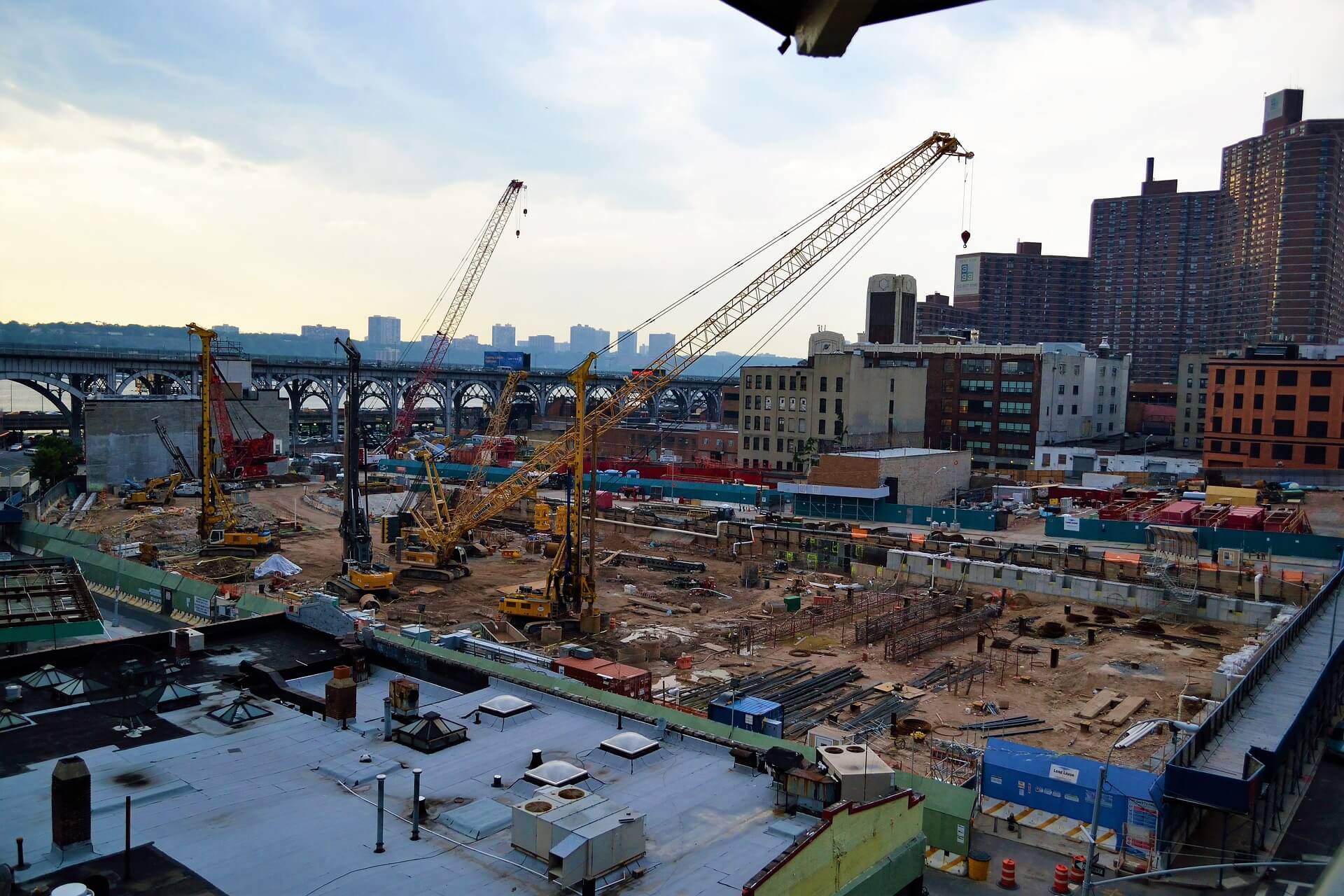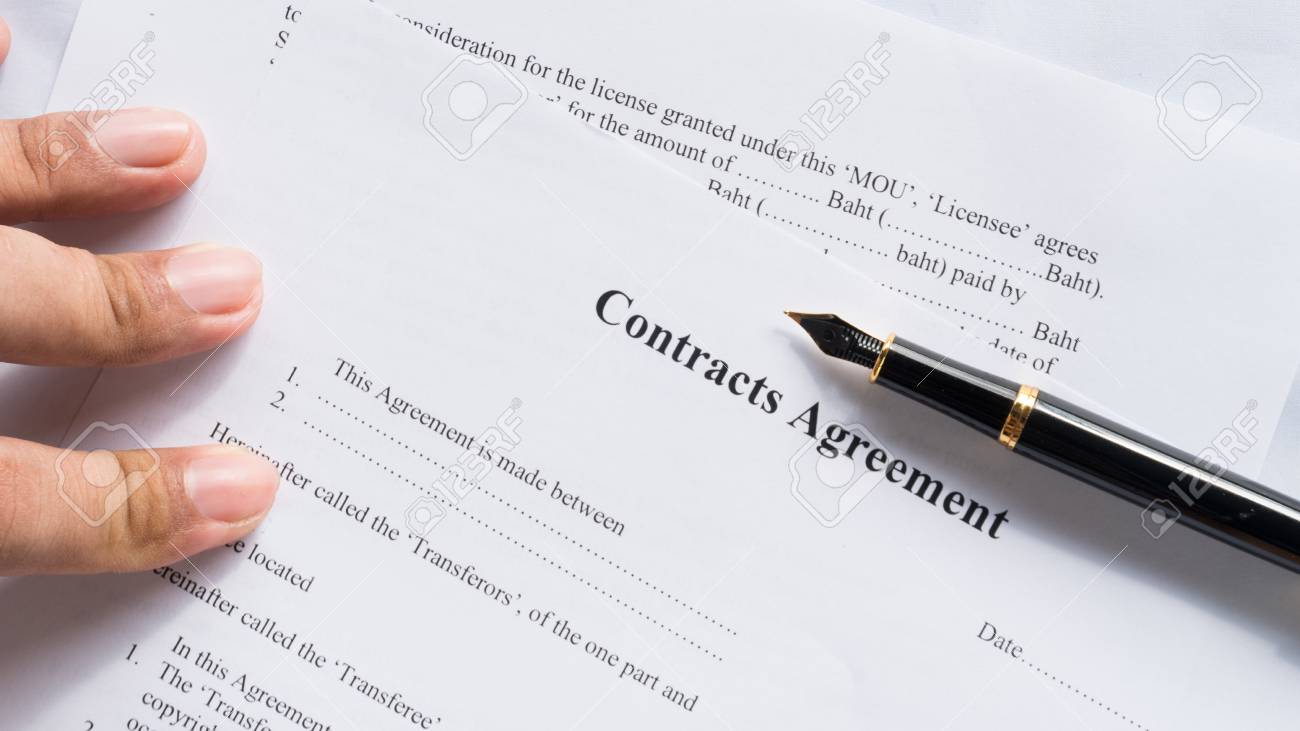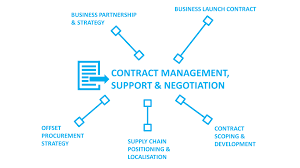

This course is also designed to systematically cover the developmental subjects vital to training competent contract and field administrators to manage time, cost, documentation and disputes during this important phase. Field administration is a critical process in achieving successful facility construction. Most organizations cannot afford the personnel time to apprentice a field administrator‐in‐training. This course will focus on the legal, technical and personal responsibilities involved in observation, supervision, and coordination of on‐site construction, as well as contract
close‐out, all of which are essential in administering the contacts required by to Module’s complex projects.
The aim of this course is to explain the techniques for scheduling a project, how to establish time cost relationships, resource management methods, different types of cost estimates, and expanding
One’s cost estimating skills. Practical examples will be given to increase familiarity with the various methods and their components, with the goal of preparing cost estimates, budgets and project schedules as accurately as possible.
The course will also teach you how to identify management responsibilities, develop your communication skills, learn effective administrative responsibilities, understand legal requirements, structure effective record‐keeping methods, and promote good organizational and contract closeout procedures.
After participating in this course, you will be able to:
Avoid dispute and claims
Project Managers, Architects, Engineers, Construction Managers, Design and Construction Professionals, architects, engineers, contractors, owners and government agencies; construction inspectors, construction managers, project managers; and others responsible for effective field administration in building construction
Module 1
Module 2
Module 3
Module 4
Module 5
Project Documentation and Control Systems
Organization of Forms for the Field Administrator’s Record System
Module 8
The Legal and Contractual Role of the Field Administrator
Communications among the Participants during Construction Phase
Module 9
Substantial Completion and Project Hand‐Over
CDGA attendance certificate will be issued to all attendees completing minimum of 75% of the total course duration.
| Code | Date | Venue | Fees | Register |
|---|---|---|---|---|
| PM182-02 | 20-04-2026 | Kuala-Lumpur | USD 5950 | |
| PM182-03 | 16-08-2026 | Doha | USD 5450 | |
| PM182-04 | 25-10-2026 | Tbilisi | USD 6950 |

Understanding contract law has become an essential part of conducting our daily business functions. Whether you are in purchasing, contract management, subcontracts, project management, general manage ...

This course explains how you can anticipate and address the key issues and conflicts that arise in entering and managing contractual relationships with foreign firms and governments. You’ll gain a sol ...

One of the core business competences is the ability to negotiate effective agreements. Individuals and teams that negotiate with customers and contractors can contribute to the development of better e ...

As government agencies and companies continue to streamline operations and with the huge growth in public- and private-sector outsourcing, contract management is increasingly taking on many of the ele ...
Providing services with a high quality that are satisfying the requirements
Appling the specifications and legalizations to ensure the quality of service.
Best utilization of resources for continually improving the business activities.
CDGA keen to selects highly technical instructors based on professional field experience
Since CDGA was established, it considered a training partner for world class oil & gas institution
3012, Block 3, 30 Euro Business Park, Little Island, Co. Cork, T45 V220, Ireland
Mon to Fri 09:00 AM to 06:00 PM
Contact Us anytime!
Request Info